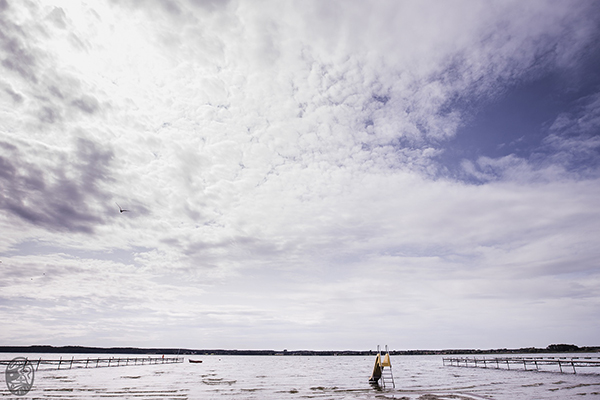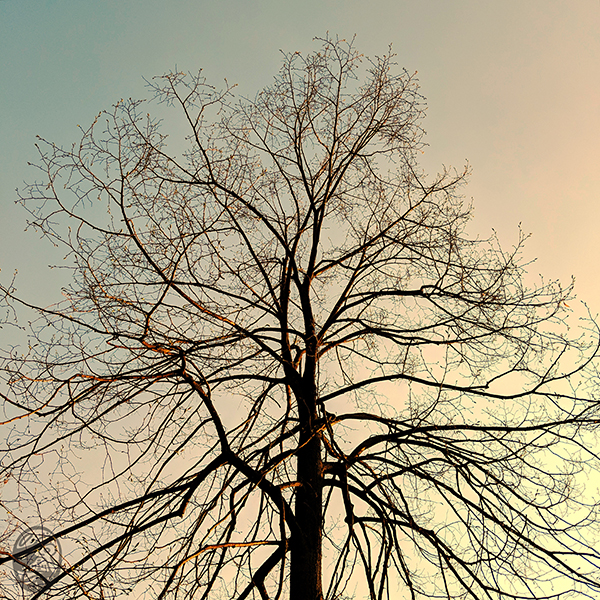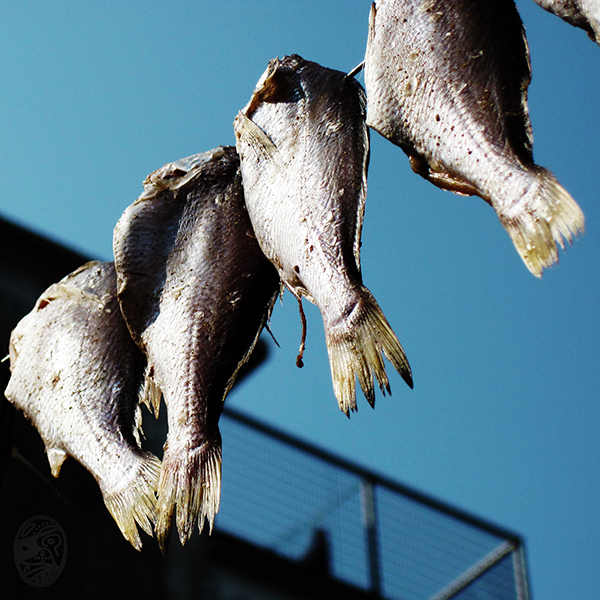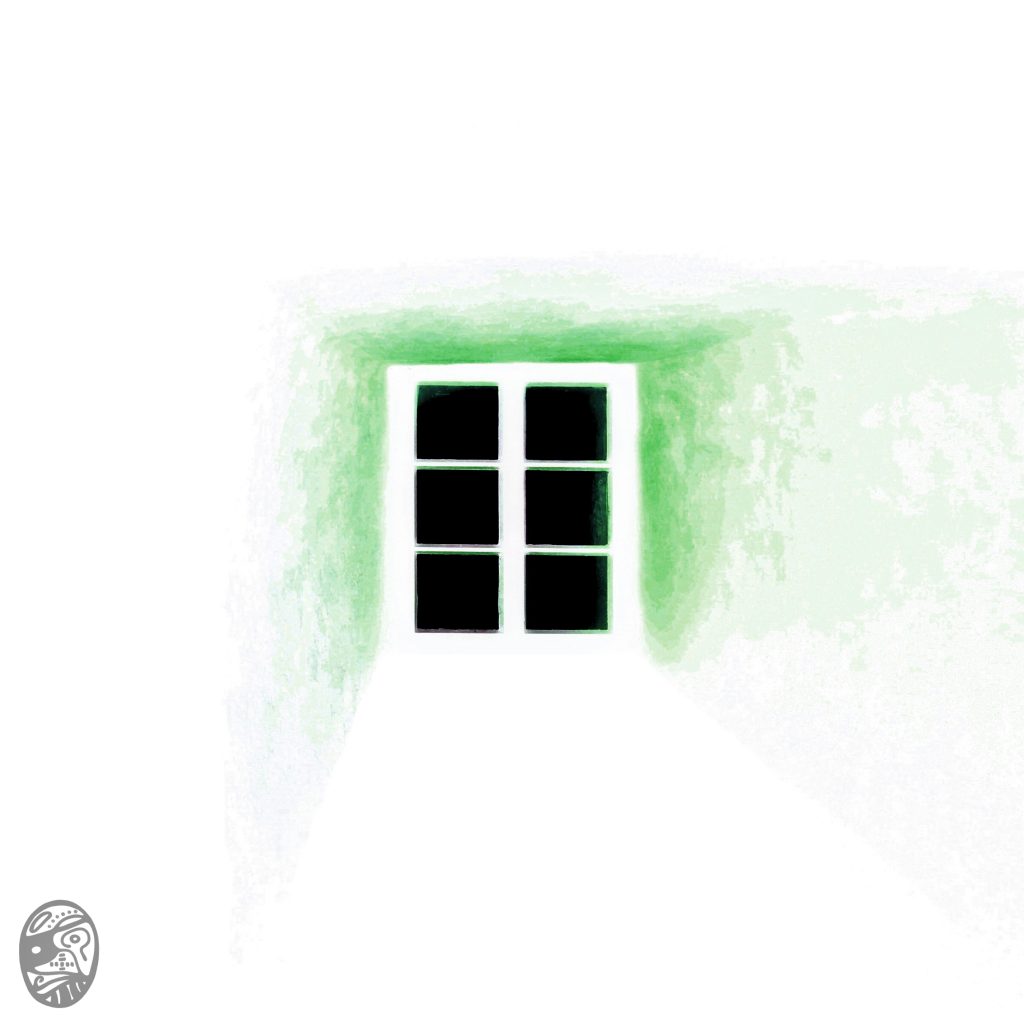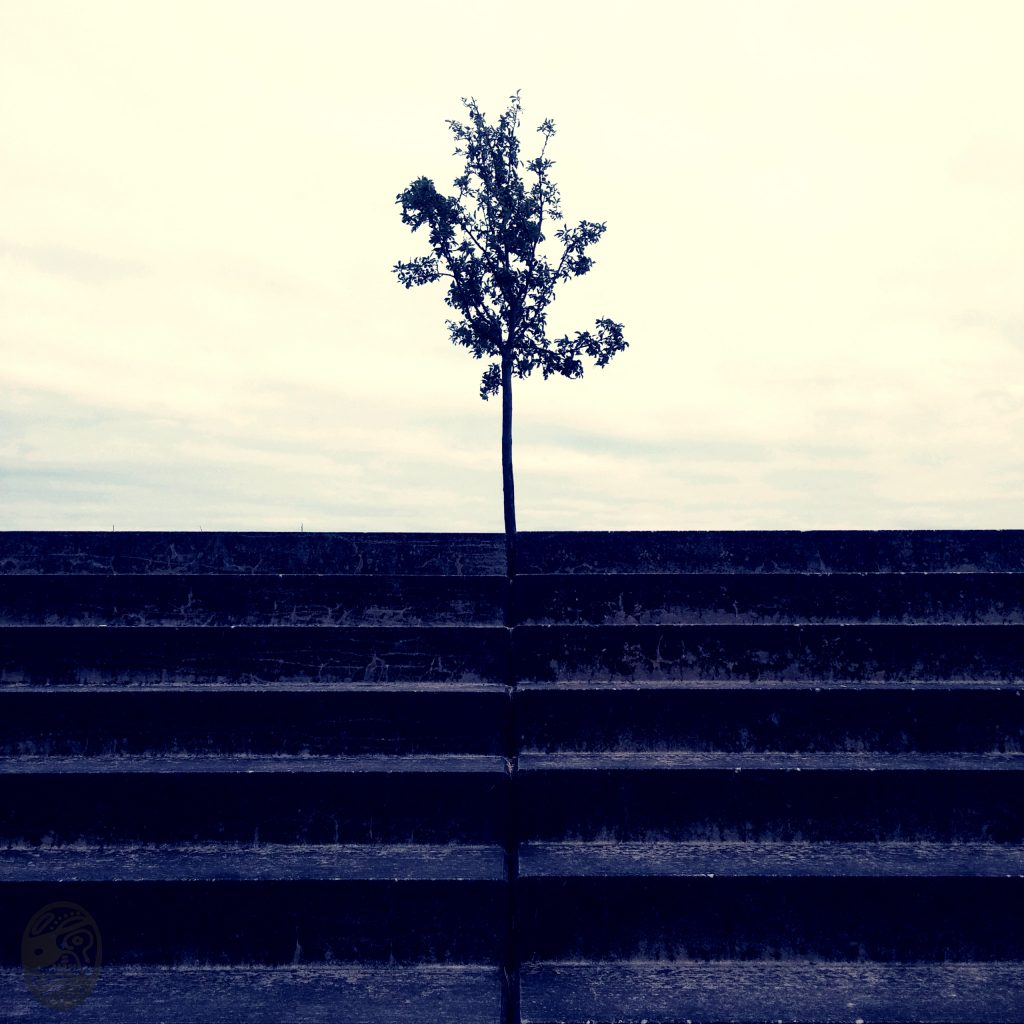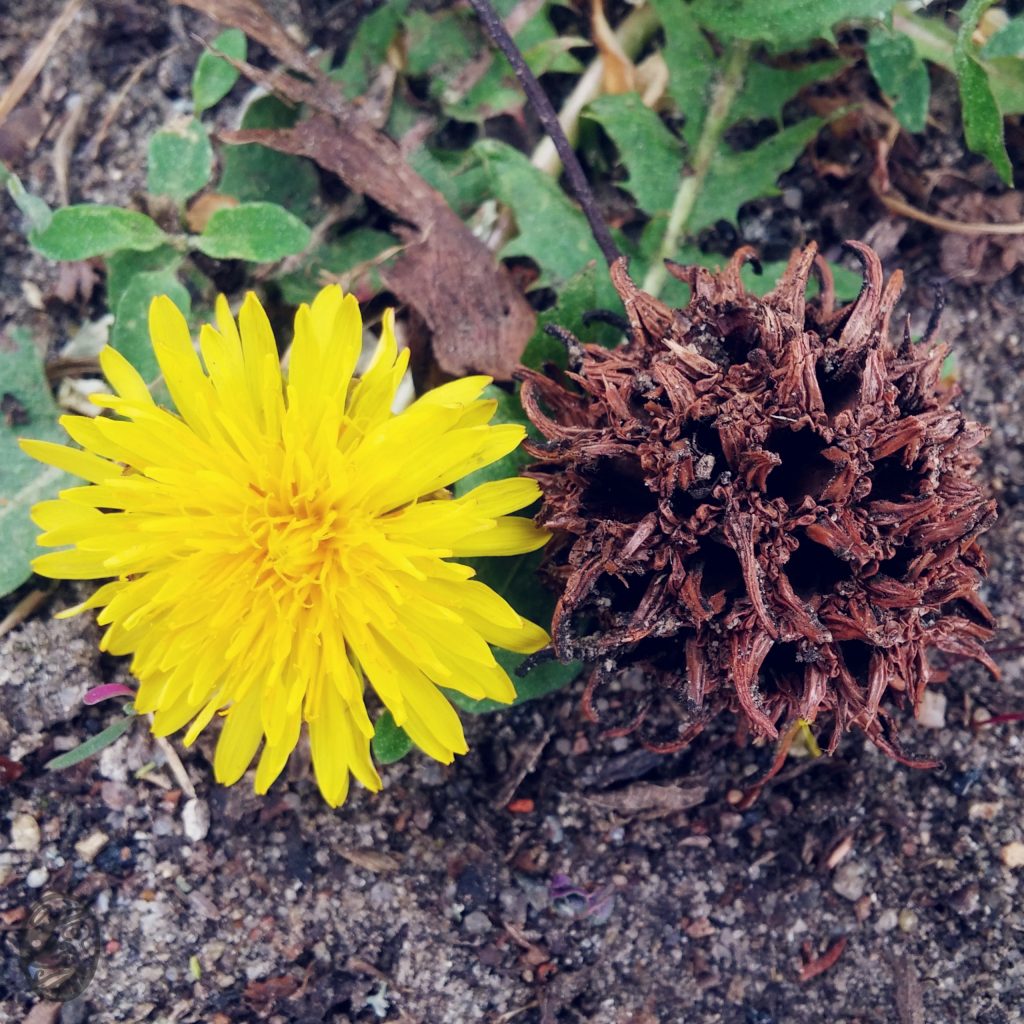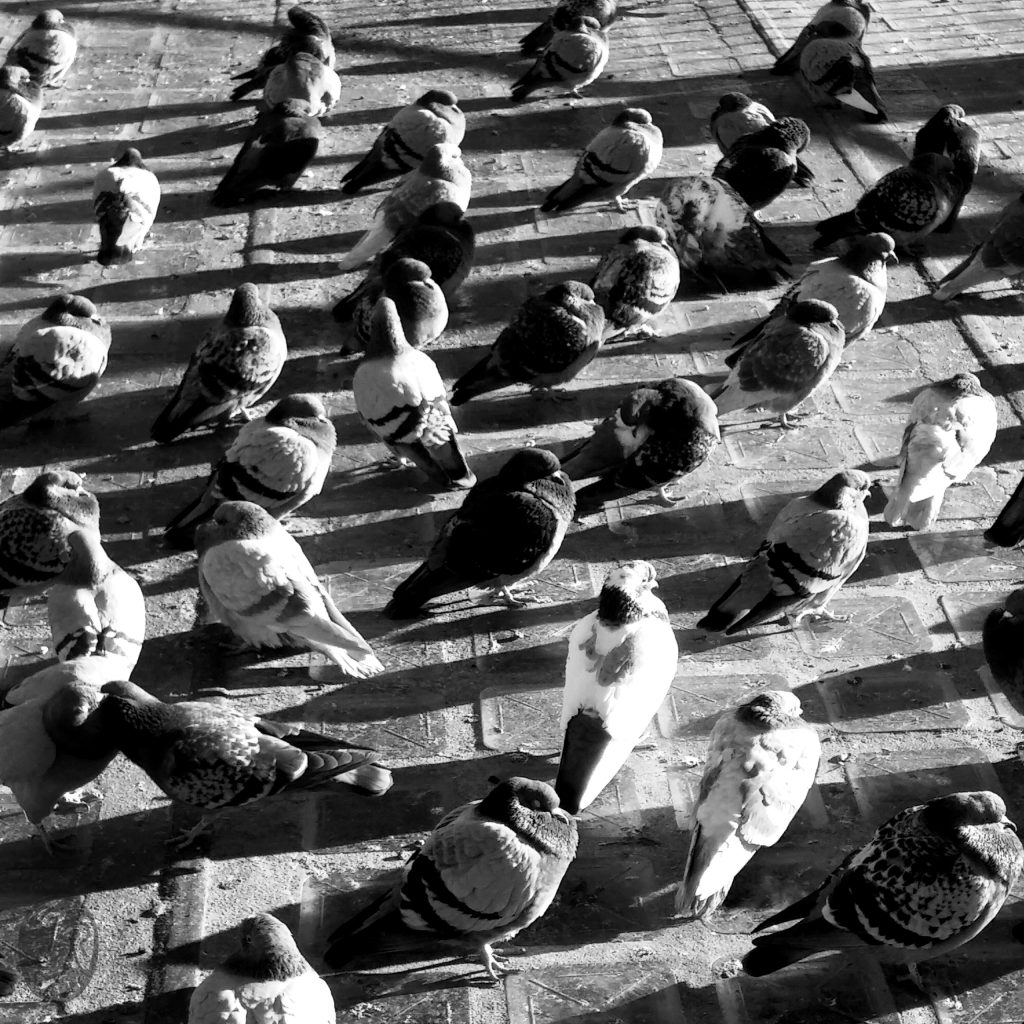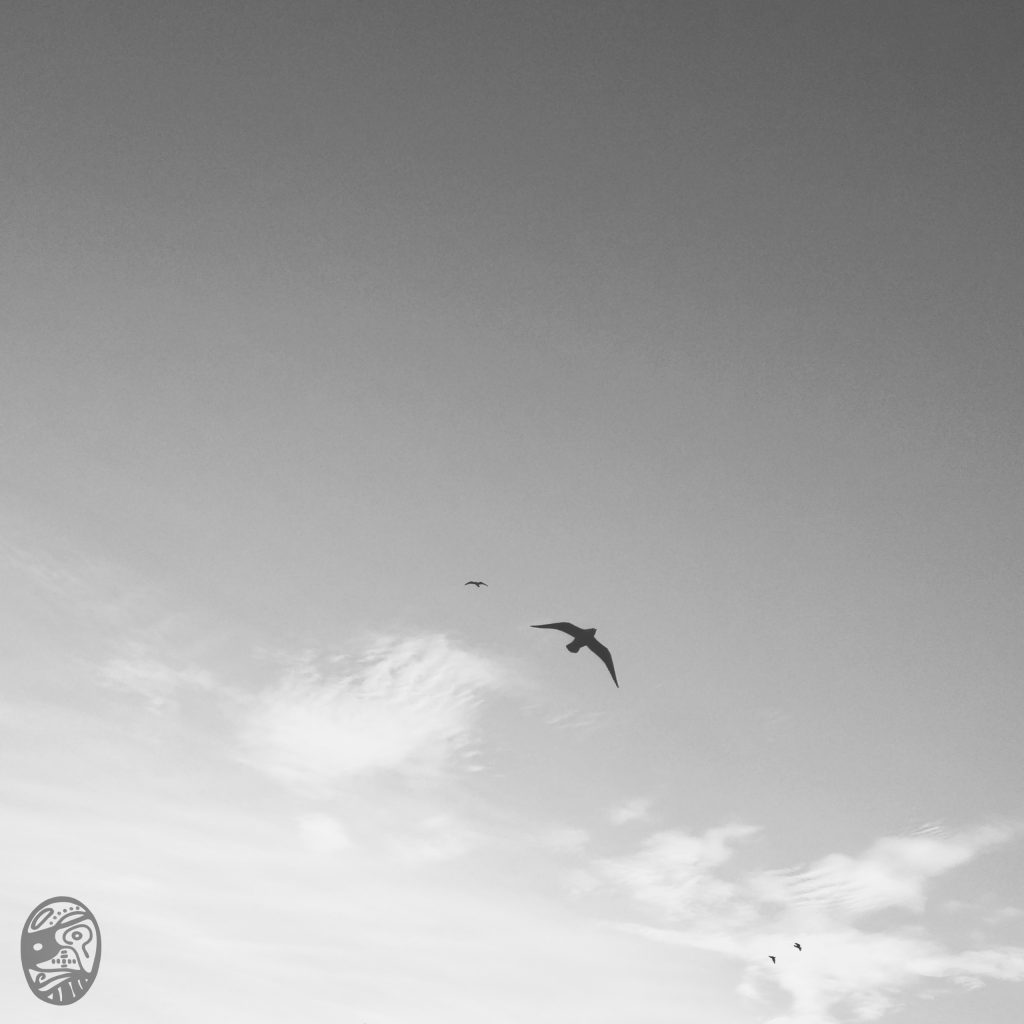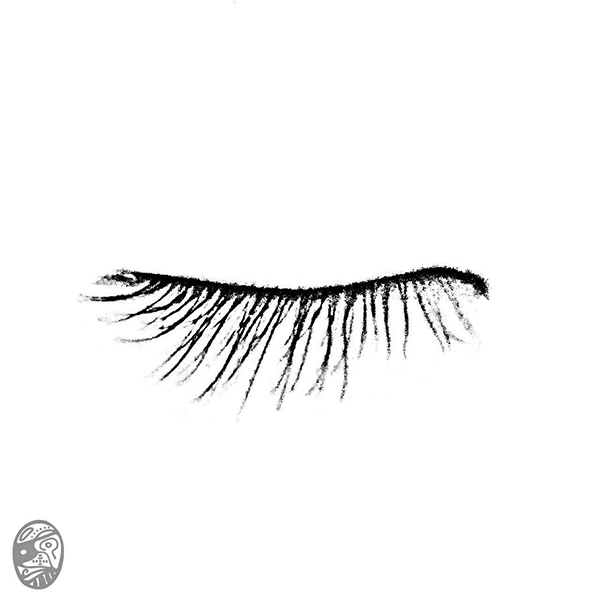
心、眼|mIND, eYE
打開心眼,你想看到的是什麼視野?
Open your eYE of mIND, what vISION do you want to sEE?
《禮記》中《大學》—— 第七章:
“Great Learning”*2 in “Book of Rites”*1 – Chapter 7:
所謂修身在正其心者:
身有所忿懥,則不得其正;
有所恐懼,則不得其正;
有所好樂,則不得其正;
有所憂患,則不得其正。
心不在焉,視而不見,聽而不聞,食而不知其味。
此謂修身在正其心。
The so-called “sEIF- cULTIVATION consists in cORRECTING own mIND” person:
If there’s aNGER in mind – then the mind is not right;
If there’s fEAR in mind – then the mind is not right;
If there’s pLEASURE in mind – then the mind is not right;
If there’s sUFFERING in mind – then the mind is not right.
Just to be aBSENT-mINDED, turn a bLIND eye, turn a dEAF ear, eat wiTHOUT kNOWING its taste.
This is called “self-cultivation consists in correcting own mind”.
